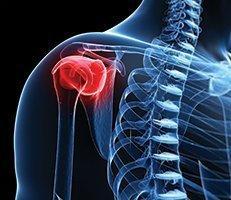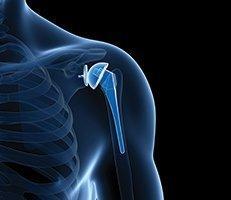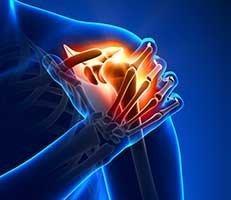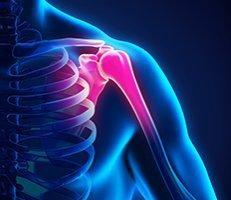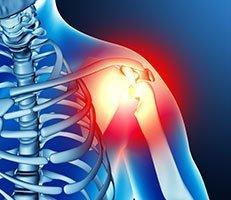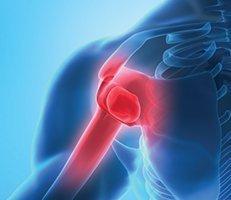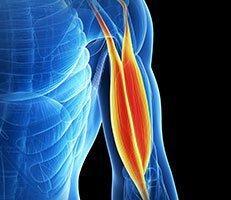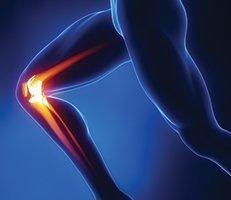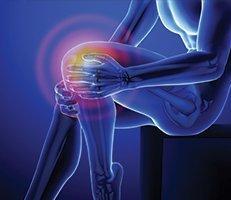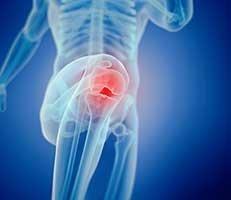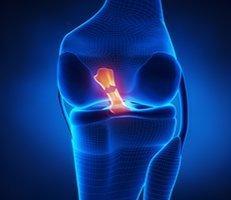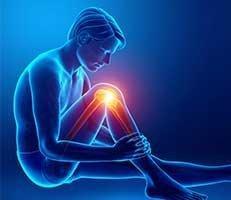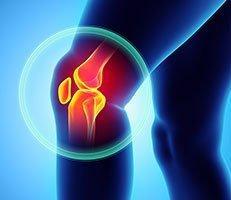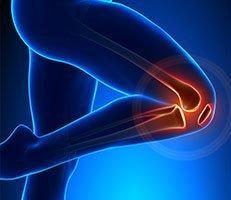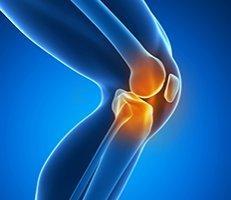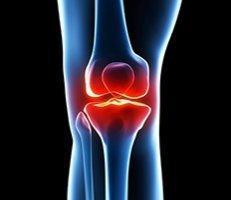Bicep Tendon Injuries Specialist
Commons Clinic
Knee & Shoulder Surgery & Sports Medicine located in Santa Monica, CA
Bicep tendon injuries are typically related to a shoulder injury or an elbow injury. The bicep is a strong muscle that helps bend your elbow and rotate your forearm. It also helps to keep your shoulder stable and to elevate the upper arm. Dr. Eric S. Millstein is a top-ranked orthopedic surgeon, specializing in the diagnosis and treatment of bicep tendon injuries. Contact Millstein Orthopedics, located in Century City, Los Angeles, California, to schedule an appointment.
Bicep Tendon Injuries
The bicep consists of two heads that run from the area above your shoulder joint to the area below the elbow joint. Your bicep tendons attach the bicep muscle to bones in the shoulder and in the elbow.
Most Common Bicep Tendon Injuries:
BICEPS TENDON TEARS
Biceps tendon tears often occur with lifting extreme amounts of weight (deadlifting), with serious or constant overuse, from an injury that involved twisting your elbow/shoulder in an awkward position or from falling down on your outstretched arm. Bicep tendon injuries at the elbow most often occur when lifting a heavy object.
Symptoms of bicep tendon injuries include:
- Sudden and severe pain in the elbow or upper part of the arm
- Sometimes a noticeable popping or snap sound
- Difficulty turning the palm of your hand up and down
- Loss of arm strength, specifically in the elbow or shoulder
- Bulge appears in your arm because the bicep tendon is no longer holding down the muscle
BICEPS TENDONITIS OR BICIPITAL TENDONITIS
Bicep tendonitis, often referred to as bicipital tendonitis, rarely occurs on its own. Bicep tendonitis is more of a secondary condition that develops as a result of rotator cuff tendonitis or shoulder tendonitis. Bicep tendonitis is one of the bicep tendon injuries that affects the area where the bicep muscle meets the front of the shoulder. It is a very common condition among athletes and is usually ignored until it develops into a more severe condition.
Bicep tendonitis can develop as a result of:
- Calcifications in the tendon
- Repetition and overuse
- Multidirectional instability
- Direct trauma
- Having a shoulder condition
There are many different warning signs and symptoms that show development of bicep tendonitis:
- Feeling pain when the front of the shoulder is touched.
- Increase in pain at night or first thing in the morning.
- Pain in the front of the shoulder when moving your arm and shoulder.
- Pain in the front of the shoulder when extending or raising your arm in front of you or above your shoulder.
A sometimes-noticeable popping sound when you move the shoulder or arm.
Bicep tendonitis is slow to develop and some patients may only have slight discomfort in the early stages. The pain may only occur during and after certain exercises. However, if continued use occurs and symptoms continue, bicep tendonitis can spread over a much larger area and become a much more problematic condition to treat.
BICEPS TENDON RUPTURE
If not treated, bicep tendonitis can turn into a larger problem. The bicep tendon attaches the bicep muscle to bones in the elbow and in the shoulder. The bicep tendon can rupture at the shoulder, resulting in either a partial or complete tear.
Bicep tendon tears at the shoulder are also likely to a result from heavy overhead lifting, repetitive overuse of the shoulder in sports like swimming or tennis, and old age.
Symptoms of a bicep tendon rupture at the shoulder include:
- Sudden and severe pain in the upper arm
- Weakness in the elbow and shoulder
- Difficulty turning the palm of your hand up and down
- Sometimes hearing a pop or snap during injury
- Potential bulge between the shoulder and elbow, because a torn tendon can no longer keep the biceps muscle contracted
Conditions & Treatments
-
 Rotator Cuff Tearmore info
Rotator Cuff Tearmore info -
 Shoulder Replacementmore info
Shoulder Replacementmore info -
 Revision Shoulder Replacement Surgerymore info
Revision Shoulder Replacement Surgerymore info -
 Shoulder Arthritismore info
Shoulder Arthritismore info -
 Shoulder Instabilitymore info
Shoulder Instabilitymore info -
 Shoulder Surgerymore info
Shoulder Surgerymore info -
 Bicep Tendon Injuriesmore info
Bicep Tendon Injuriesmore info -
 Sports Injuriesmore info
Sports Injuriesmore info -
 ACL Surgerymore info
ACL Surgerymore info -
 ACL Revision Surgerymore info
ACL Revision Surgerymore info -
 ACL Tearmore info
ACL Tearmore info -
 Meniscus Surgerymore info
Meniscus Surgerymore info -
 Knee Replacementmore info
Knee Replacementmore info -
 Knee Arthritismore info
Knee Arthritismore info -
 Knee Surgerymore info
Knee Surgerymore info -
 Second Opinionmore info
Second Opinionmore info


